In the U.K., Japanese sound words aren’t as widely known as in the U.S. —
but within anime, manga, and cosplay circles, they carry a unique charm.
Rather than loud or meme-heavy usage, U.K.-based fans often appreciate these words for their emotional and visual qualities.
How British Fans First Encounter Japanese Onomatopoeia
Language and culture videos
British learners of Japanese sometimes encounter sound words in beginner language videos or during anime subtitle discussions.
Anime (e.g., Fruits Basket, Ghibli films, Sailor Moon)
While anime is popular in the U.K., onomatopoeia are usually encountered through subtitles or emotional cues in soft-spoken scenes.
Manga (with preserved or translated sound effects)
Many U.K. publishers include both the Japanese script and a small English explanation —
letting readers notice the original word.
Cosplay and zines
Events like MCM Comic Con often feature fan-made zines or prints where sound words like kira kira or niko niko appear in artistic ways.
Social media and soft memes
On platforms like Instagram or Tumblr, British fans sometimes use sound words in stylized text or gentle humor.
Popular Japanese Sound Words in the U.K.
Kira Kira (きらきら)
Meaning: Sparkling
Where it appears: Magical moments, twinkling eyes
キラキラ is popular in artistic fan content. It evokes charm and visual delight.
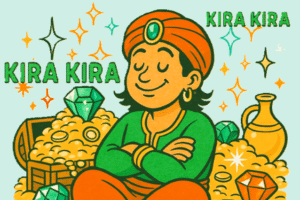
Niko Niko (にこにこ)
Meaning: Smiling gently
Where it appears: Slice-of-life anime, warm moments
This calm and happy word fits the tone of many Ghibli fans and soft-style content in the U.K.
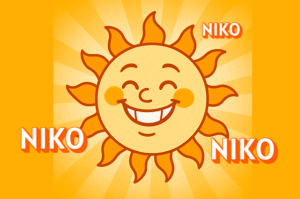
Why British Fans Love These Words
Associated with cozy, magical anime moments
They’re poetic and emotionally rich
Visually beautiful in fan art or zines
Fun Fact
At small U.K. anime events, some zine creators mix Japanese sound words into English comics with captions like “Niko niko mode activated.”
It adds a gentle, unique flavor!

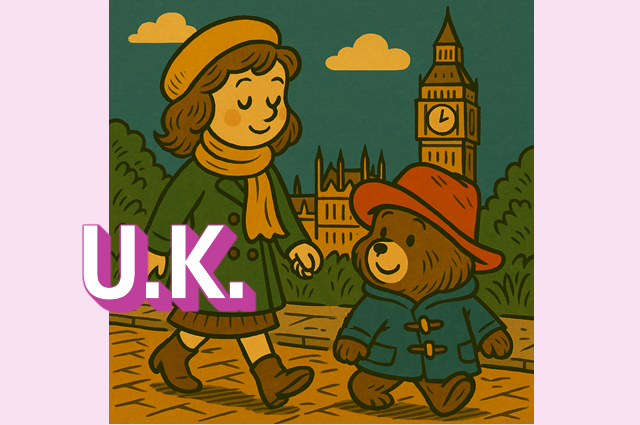
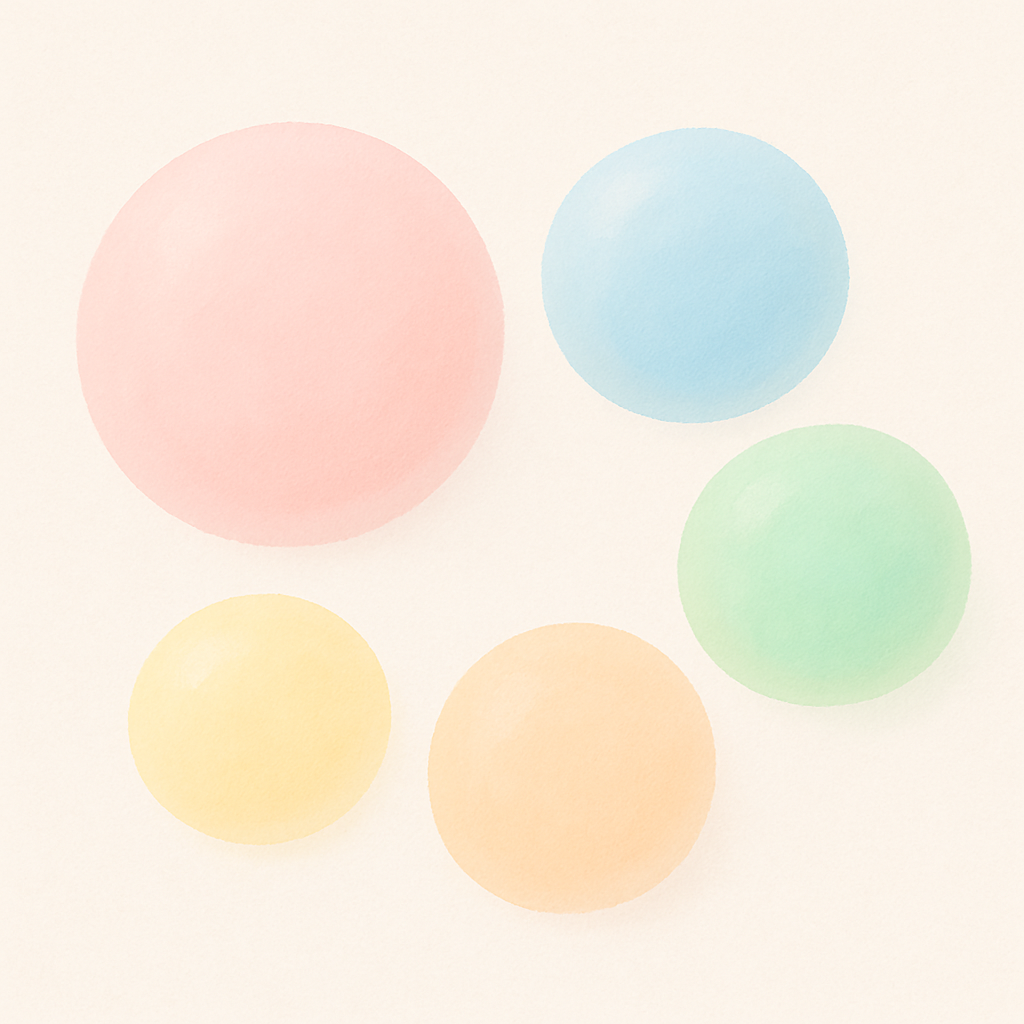

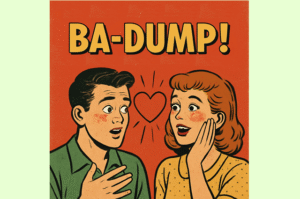
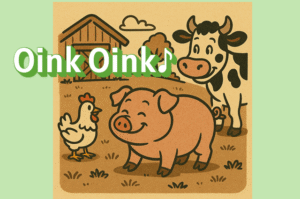
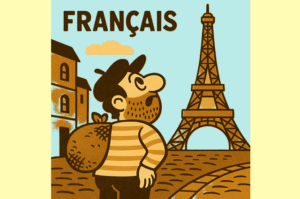
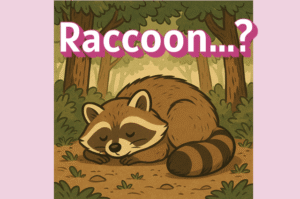

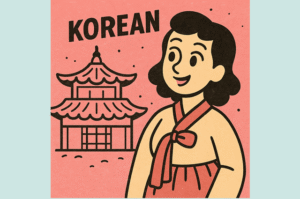
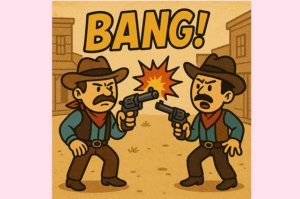
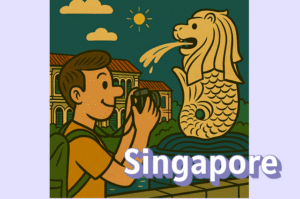
Comments